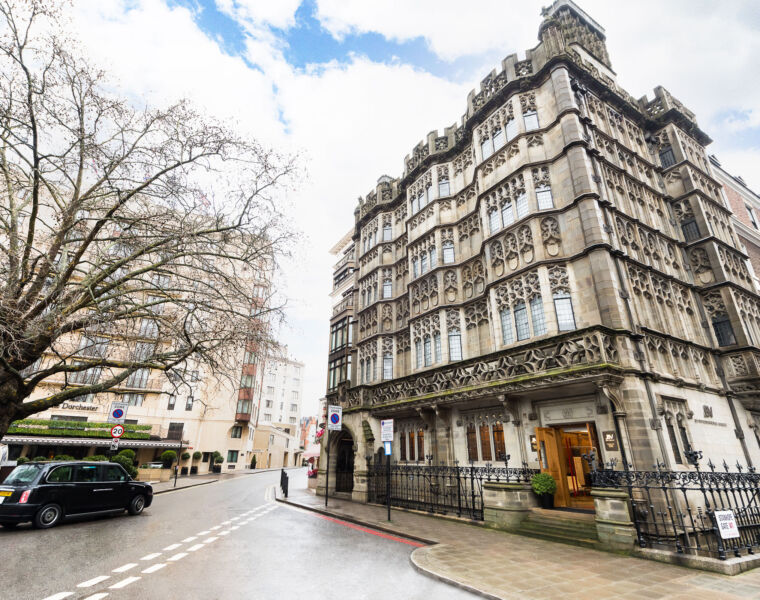
The UK lockdown is causing adverse effects across multiple parts of the economy, and one area bearing the brunt of it is the property sector. Stock for both sales and lettings are dramatically reduced, which could mean higher rental and deposit costs for tenants.
To help throw further light on this, Ome, a company specialising in deposit replacement investigated the percentage of buy-to-let mortgage loans approved over the last five years as a percentage of all loans.
The figures from the Financial Conduct Authority has shown the number of landlords entering the market with new stock has slowly declined every year since 2015 with an average annual drop of -1%. During this time, the value of the buy to let market has also reduced in size at an average annual rate of -1% a year. It is now worth £35,661m compared to £37,424m in 2015.
Even with a declining level of stock coming on to the market, there has still been growing demand. This has seen the average UK rent climb by an annual average of 4% each year since 2015 and it is now at £743 a month compared to £627 in 2015. The average cost of a rental deposit has also increased at an average rate of 3% each year over the last five years.
A similar increase this year would see the average rent hit £776, while the average deposit would reach almost £900 despite the recently introduced five-week deposit cap.
However, Ome predicts that any lasting reduction in rental stock due to the current pandemic could result in a much more significant increase in cost for UK tenants in the long term.
Co-founder of Ome, Matthew Hooker, commented: “Through no fault of their own, agents and landlords are facing a very tough few months with some tenants unable to pay their rent and some landlords facing much longer void periods due to a drop in market activity.
The buy-to-let market has already seen a notable decline in appetite following increases to stamp duty and changes to tax relief, with the number of buy-to-let mortgages declining steadily since 2016. It is no coincidence that rents have also climbed rapidly during this time.
As a result of these latest market developments, we could see many decide to exit the sector, or opting to refrain from a buy to let investment for the foreseeable future at least. This further reduction in stock would have grave implications for the nation’s tenants who have already seen the cost of renting increase due to an imbalance between demand and supply.
The industry has already predicted an increase in rental costs due to the ban on tenant fees, but with even less stock now likely to be available, this increase in rent and the upfront deposit required to secure a property could be far higher than predicted.
Of course, there are things you can do to lessen the impact of this increase before it materialises. Looking for, and securing a property now, can be easily done online with the view of moving post lockdown when it is safe to do so.
Opting for a deposit replacement scheme can also alleviate some of the upfront cost and essentially pay for your first month’s rent at the same time.”
About Ome
Ome is the latest brand launch by Hamilton Fraser, and the deposit replacement is focused on providing a clear choice for landlords, letting agents and tenants with their well-being at the heart of what they do. You can find out more at www.omehq.com.
Read more property-related articles in our dedicated section here.
![]()




You must be logged in to post a comment.